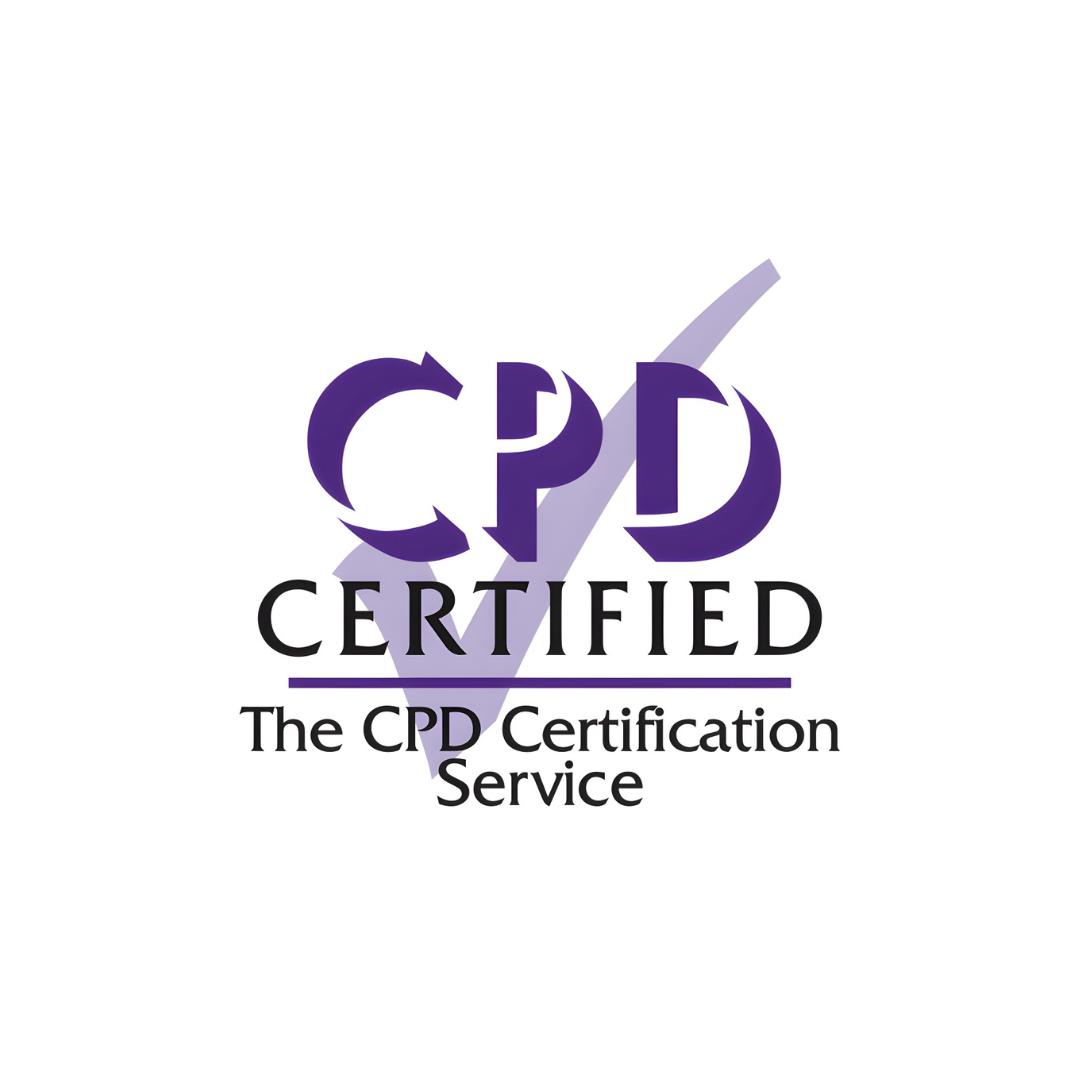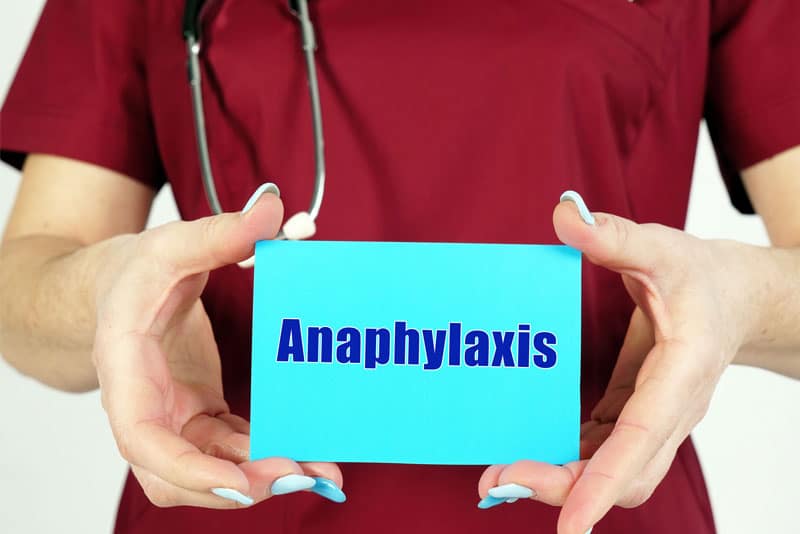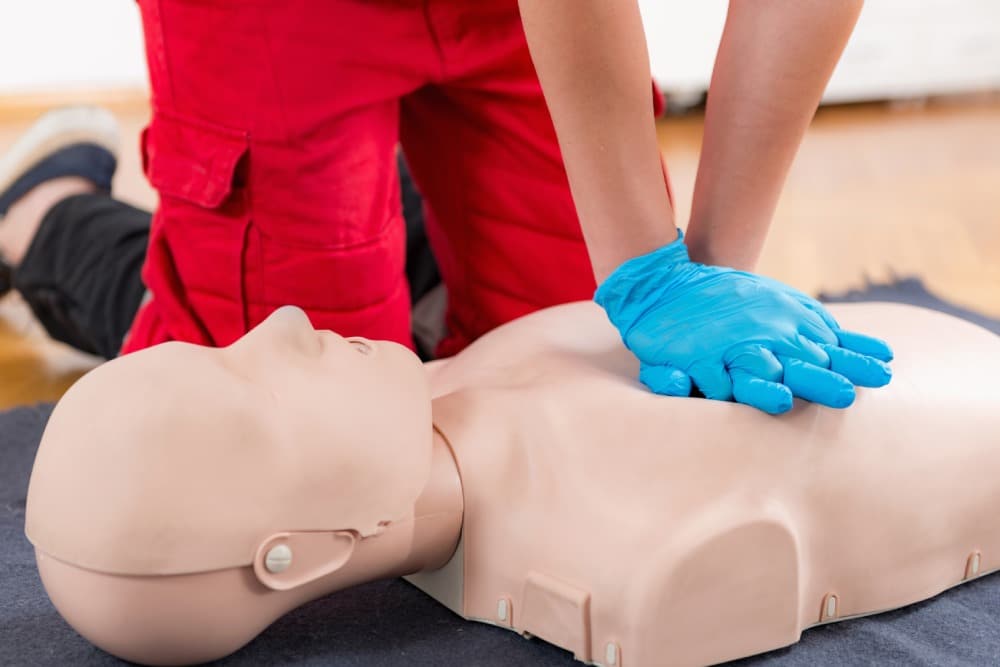This RIDDOR in Healthcare training module provides healthcare professionals with a thorough understanding of the legal requirements for reporting work-related injuries, diseases, and dangerous occurrences. It covers the scope of RIDDOR 2013, specified injuries, occupational diseases, dangerous events, and incidents involving patients or the public. Learners gain knowledge of proper reporting timeframes, HSE processes, and the NHS governance structure supporting compliance. The module highlights the importance of accurate reporting in fostering safety, legal compliance, and continuous improvement in healthcare environments.
RIDDOR
This RIDDOR in Healthcare training module provides healthcare professionals with a thorough understanding of the legal requirements for reporting work-related injuries, diseases, and dangerous occurrences. It covers the scope of RIDDOR 2013, specified injuries, occupational diseases, dangerous events, and incidents involving patients or the public. Learners gain knowledge of proper reporting timeframes, HSE processes, and the NHS governance structure supporting compliance. The module highlights the importance of accurate reporting in fostering safety, legal compliance, and continuous improvement in healthcare environments.

1 Hours

Mobile friendly



